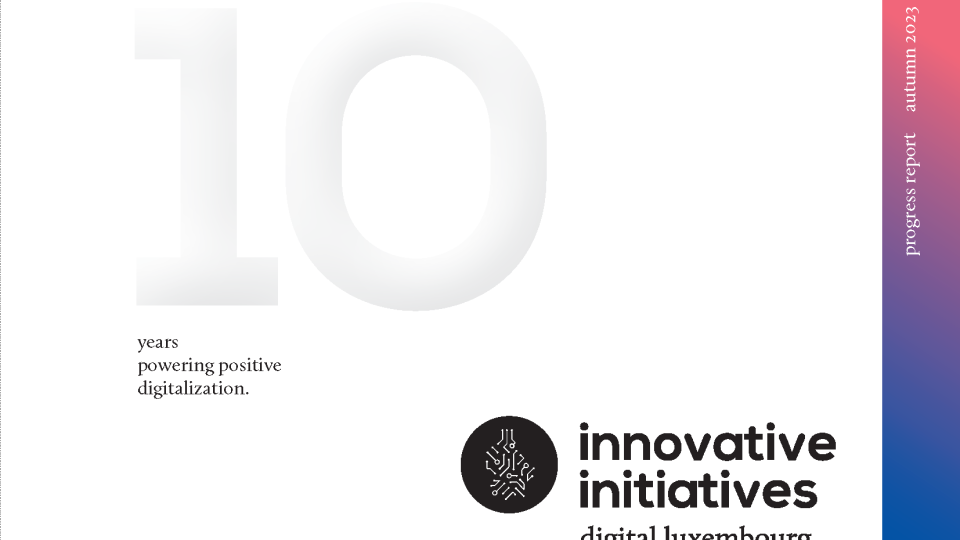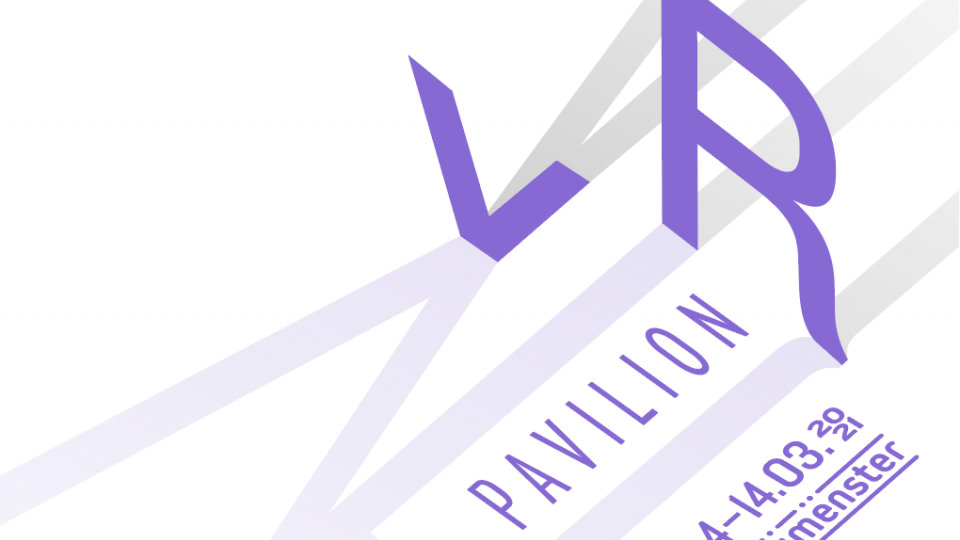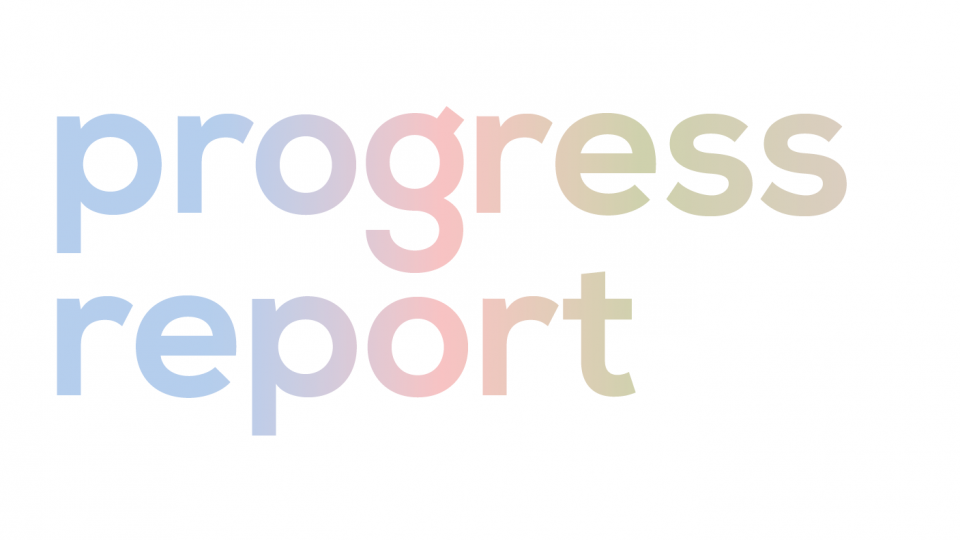A new way for digital creatives to monetize their work ushers in change for the entire industry
At first glance, the emergence of new technology in the world of digital creation seems more like deja vu than UnexpecTech.
While tech solutions applied to farming or childcare or sports qualify as unexpected, those arising from a digital industry seem, if anything, highly expected.
But when it comes to Spectrum, we beg to differ. Spectrum’s novelty in an already highly digitalized sphere stems from its potential influence on the behavior of the digital market. Its functional API supports digital platforms in turning digital creations into true assets and compensate verified owners in real time.
Tradeable, marketable assets require owners. Simply put, only something owned can be bought, sold and traded. By permanently attributing digital works to each and every individual involved in creating it, Spectrum produces an asset and commodifies digital art in an entirely new way.
The blockchain-based solution ascribes value to owners and projects that might otherwise slip through the cracks.
Because ownership is proven and automatically attributed, collaboration suddenly becomes manageable, cost-free and transparent: “Decentralized teams are nothing new. Think of all the people you have working together to build a video game. Spectrum just makes collaboration fluid and simple, ” explained Olivier Zephir, Technoport.
This is an entirely different caliber of tech breakthrough for the digital creative industry. It’s not inventing new ways of illustrating or delivering video games, songs or other works. It’s changing how the market functions.
And this impact occurs regardless of region.
“Digital creators today use the same tools in developed and developing countries. We all use the same software to develop films, music and video games. We use the same distribution channels. But the financial services are not the same, ” Olivier said. “Banks don’t offer the same services in emerging countries, for example, major e-payment players are not always available. But how can you still validate the rights of a digital creator?”
In this way, Spectrum not only boosts inclusion by acknowledging even the smallest contributor on a project, but it brings countries with fewer financial services into the fold.
Validated ownership offers another upside: transparent, accurate vetting. Anyone can claim to have contributed to a project and stick it in their portfolio. But how involved were they really? And how can we decipher fact from fiction, or at least generous embellishment?
“If you share something with me via Dropbox, I don’t know if you’re the owner, ” Oliver added. “Now, it’s as if you have a Dropbox that also converts your work to assets. When we convert to assets, we have the obligation to know who the cocreators are. Ownership is within the code of the content. Anything you’ve worked on stays connected to you.”
The Spectrum team is ready for some cocreation of its own as it looks to incubators and platforms to begin experimenting with its API. While the original intent of the solution was to help platforms solve the challenge of royalty distribution, it has the potential to manifest further applications when filtered through the imaginations of others.
In 2019, Spectrum tested the technology, validated that it was meaningful to its target audiences and launched an API so that others could continue maturing it to satisfy their needs.
Convergence 2019, a global blockchain congress, proved that the industry was itching for this type of solution: “We saw that people are waiting for it. There were representatives of digital institutions from different countries. We were openly discussing how content converted into assets would be a new source of value, ” Oliver concluded. “This wouldn’t have been possible a few years ago!”
Technoport received support from Digital Luxembourg to prototype Spectrum. Thanks to ongoing investigations with digital creative players and blockchain technology providers, Technoport has onboarded an EU H2020 project called Peers2Blockchain. Its core scope is the exploration of blockchain’s benefits for SMEs on the basis of field studies.







